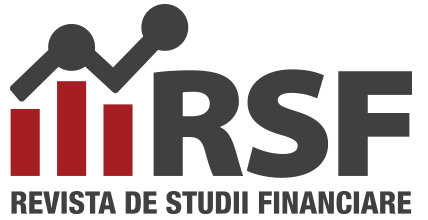Author: Alin Vasile Strachinaru
Vol. 8 • Special Issue • December 2023
Abstract
A primary factor in determining the well-being of the population is economic growth, as this indicator is used to evaluate the success of the development of an economy. This article investigates the effects of macroeconomic indicators on economic growth in Central and Eastern European countries in a panel for the period 2000 to 2022.At the same time, we want to highlight the most current studies in the field with reference to the evolution of macroeconomic indicators with an impact on economic growth, in a dynamic and unpredictable context of socio-economic turmoil, as if more significant in the last 3 (three) years. The set of macroeconomic indicators was subjected to least squares (OLS) regression to establish the degree of relationship between them and economic growth in the selected sample. The regression results show that a set of variables (inflation rate, real interest rates, domestic credit granted to the private sector, current account balance, respectively government spending) have a negative and significant impact on economic growth, while trade openness has a positive impact. These findings underline the need to implement sound macroeconomic policies that promote sustainable economic development.
Keywords: economic growth, macroeconomic indicators, regression (OLS) and autoregressive model.
JEL Classification: C33, E44, E60.
DOI: 10.55654/JFS.2023.SP.23
